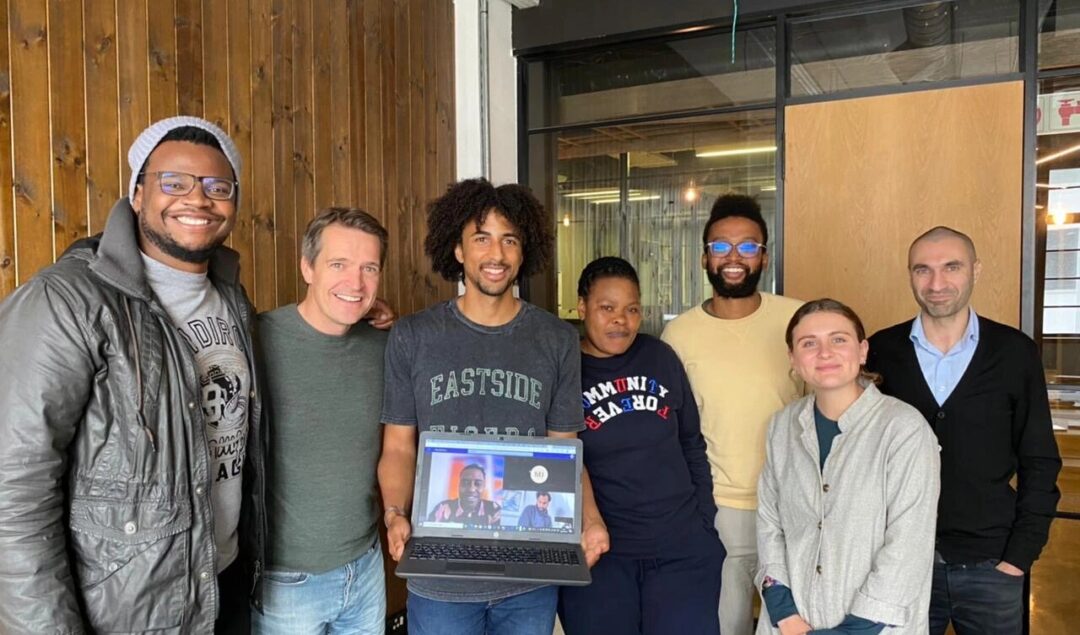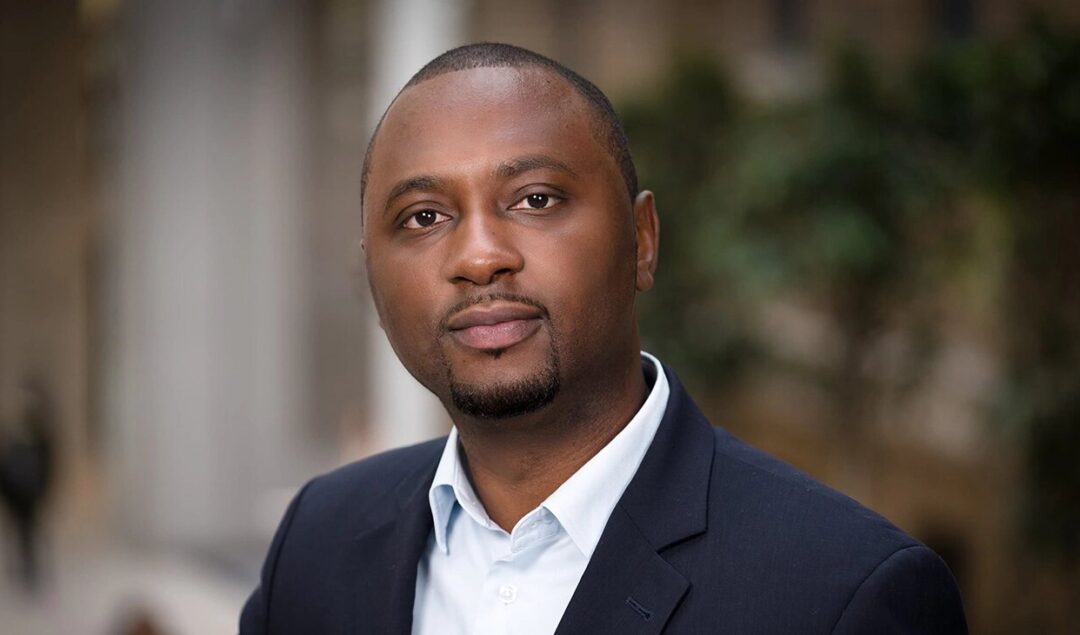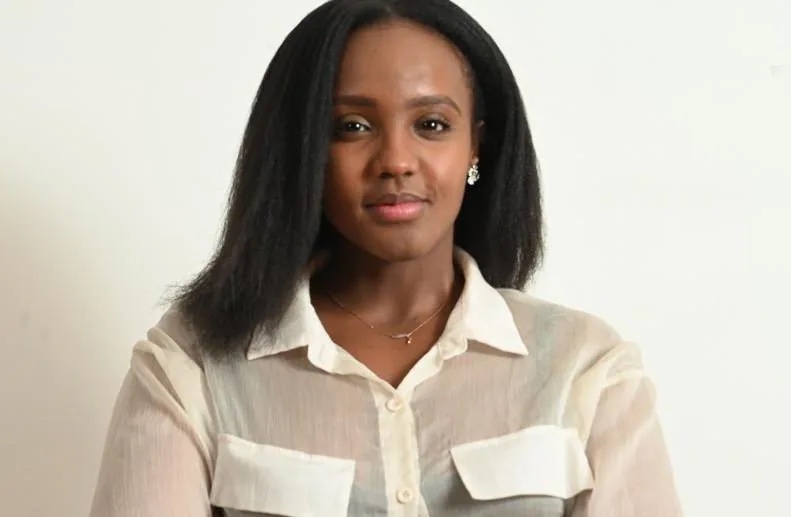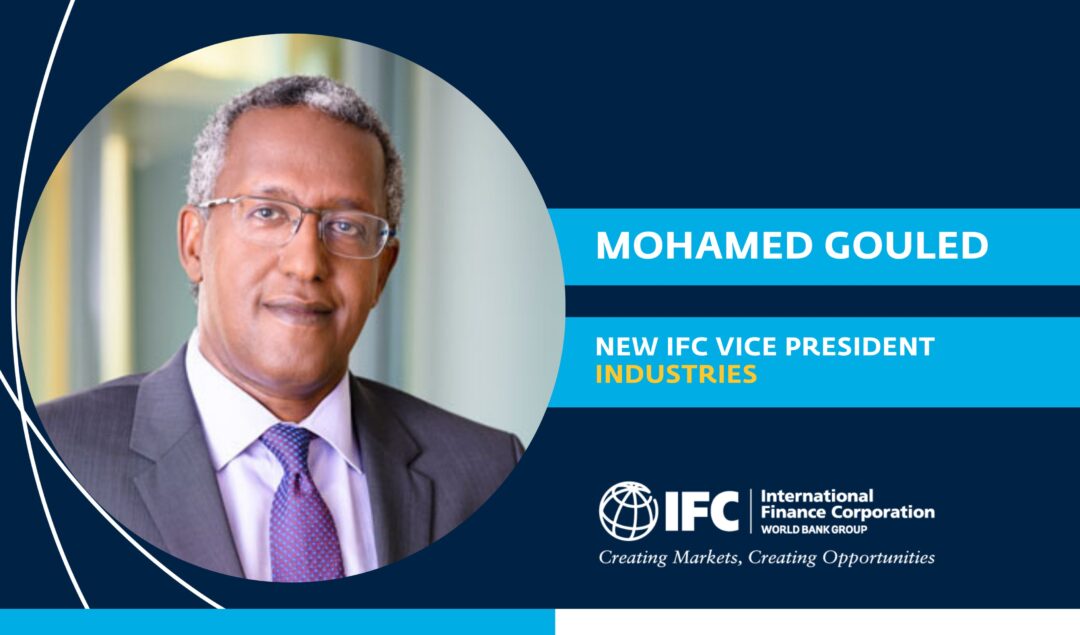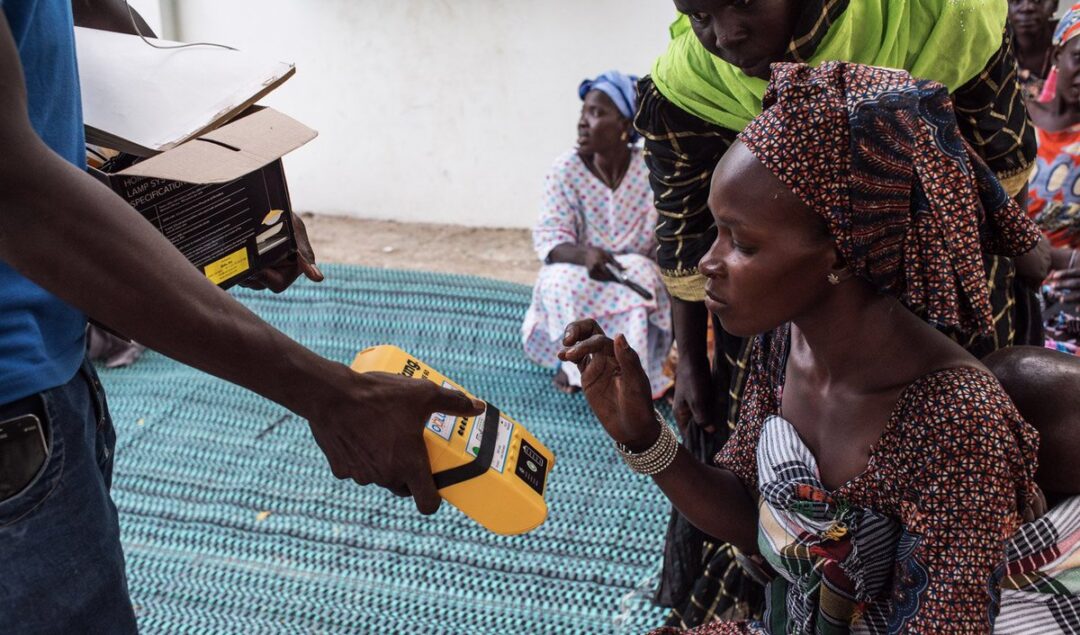Black-owned startup, Qwili, raises $1.2 million in seed funding. The funding round, led by South African venture firm E4E Africa also included Strat-Tech, Next Chymia, Untapped Global, and Codec Ventures. Angel investors Ashwin Ravichandran and Kanyi Maqubela also participated in the funding round. Qwili, co-founded in 2020 by Luyolo Sijake, Thandwefika Radebe, and Tapfuma Masunzambwa, works as a hybrid sales platform to support micro and small merchants in South Africa. The company, which aims to address the lack of access to digital products and services within the African market, has developed a quality and
Black Professionals in Tech (BPTN) has officially made its debut in Zambia. The community network, which currently has more than 60,000 Black members worldwide, has created a global network for professionals working within North America and across countries worldwide. BPTN’s new network, which went live at the Bongo Hive Technology Lusaka earlier this week, connects large tech companies with Black tech professionals. It provides employment opportunities to members and offers mentorship and educational resources to help entrepreneurs develop long-standing, successful careers within the tech industry. The platform enables tech giants to hire
Black-owned telecommunications provider, Safaricom, has announced its partnership with the online learning platform, Kodris Africa, to promote coding study classes. The classes, which will be available for all to purchase through tokens on the M-PESA app, will provide children with a year’s worth of online coding classes, which users can activate on their tablets, laptop, or desktop computers. The program, which the Kenyan government first approved in April 2022, will introduce a new syllabus in primary and secondary schools aimed at teaching children one of the most sought-after skills in
Bizao has raised $8.15 million in Series A funding. The funding round was led by AfricInvest, Adelie, and Seedstars Africa Ventures and will help the platform accelerate its expansion, helping them provide services to citizens across the continent. Bizao, founded in 2019 by Aurélien Duval-Delort, helps companies accept all local payment methods across Africa. The tech platform uses powerful APIs and advanced financial flows to simplify the challenge of getting Mobile Money, Visa/Mastercard, and Airtime payments. The outlet powers all businesses: local retailers, online merchants, international digital content providers, money
Njeri Muhia teamed up with Steven Wamathai to shake up the VC industry. In a sector where VC and startup relationships are formal, the pair said that they hope to have relaxed connections with founders. After spending years in London, matching Kenyans in the diaspora with investment opportunities back home, and later on as a credit portfolio manager at Barclays bank, Muhia sought a greater challenge within Africa. Together with Wamathai, who has vast experience in the investment management industry during the middle of last year, they started an early-stage
Ingressive Capital, a $10 million venture capital fund launched by Maya Horgan Famodu with its headquarters in Nigeria, celebrated a five-year-mark last week. Horgan Famodu launched Ingressive when she was just 25. Today, at the age of 31, her fund is focused on leveling the playing field for female entrepreneurs: about 40% of its portfolio companies are founded or co-founded by women. In 2020, Ingressive doubled its fund to $10 million, with backers that include Nigeria’s sovereign wealth fund, Michael Seibel of Y Combinator, Techstars, and others. The fund that invests
“Try not to use the word minority, say underprivileged or underserved; otherwise, if you say minority, investors will make certain assumptions.” “What assumptions?” “Oh, you know…” That was an interaction between a first-time Black founder and a white venture capital (VC) investor who was supposed to be advising her. Speaking to POCIT, she said she felt several investors she had spoken to had an unconscious bias towards her as a founder and the audience she was targeting. While she understood POC markets were ‘small’ in her native country – on
The largest global development institution has committed $2 billion to help support small Kenyan businesses and women-owned organizations through partnerships with banks in the country. International Finance Corporation (IFC) was established to end extreme poverty by encouraging the growth of the private sector in developing countries. Since 1956, the company has invested more than $321 billion into emerging markets and developing economies. According to the outlet, their work which supports the World Bank Group’s goal of ending extreme poverty, has helped to create new jobs and raise the living standard
Africa-focused investment firm, Persistent Energy, has raised $10 million in its Series C funding to help support the renewable energy sector in Africa. The funding round, led by Kyuden International Corporation and FSD Africa Investments, also saw private investors Kotaro Tamura, BK Ventures BV, and DPI Energy Ventures participate. Persistent Energy, founded over a decade ago, is a pioneer investor in Africa’s renewable sector. The investment firm works to support and build businesses that can “scale sustainably.” They provide financial capital for startups and allow their team members to work
Black-owned investment firm Fearless Fund partnered with Louisiana-based foundation ProSeed to renovate and rebuild schools in Ivory Coast, West Africa. The partnership aims to transform the educational system in West Africa, giving students the tools needed to succeed in science, technology, engineering, and mathematics (STEM). Fearless Fund, co-founded in 2018 by serial entrepreneur and angel investor Arian Simone, and American actress Keshia Knight Pulliam, works to invest in women of color-led businesses seeking pre-seed and seed level investment funding. The VC firm, built by women of color for women of

